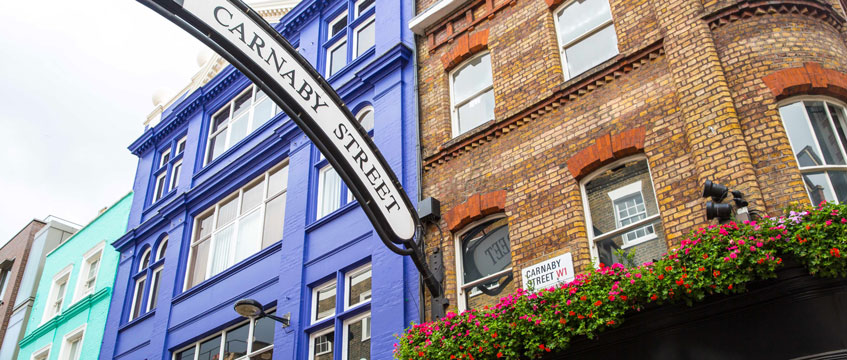Shaftesbury braces for tenant failures in retail and leisure
Shaftesbury is readying for a rise in business failures from its retail and leisure-focused tenants.
The business is being “realistic”, said chief executive Brian Bickell. “As much as we hope everybody will survive, not everybody will. We just have to manage that.”
Many of the landlord’s non-essential retail tenants plan to reopen on or after 15 June, and Bickell said it was “heartening” that so many are preparing to come back. But he warned that food and beverage tenants were likely to struggle, particularly as they still lack clear government guidance on reopening.
Shaftesbury is readying for a rise in business failures from its retail and leisure-focused tenants.
The business is being “realistic”, said chief executive Brian Bickell. “As much as we hope everybody will survive, not everybody will. We just have to manage that.”
Many of the landlord’s non-essential retail tenants plan to reopen on or after 15 June, and Bickell said it was “heartening” that so many are preparing to come back. But he warned that food and beverage tenants were likely to struggle, particularly as they still lack clear government guidance on reopening.
Shaftesbury expects to collect only half of rent payments due between April and September “over time”. This takes into account agreements made to defer rent and new payment plans for tenants, as well as the fact that some tenants will be unable to meet these new agreements and will likely collapse, Bickell said.
Shaftesbury collected only 27.6% of rent payments due for the March quarter, excluding its Longmartin joint venture, and its vacancy rate stood at 4.8% at the end of March. The portfolio value fell by 7.9% to £3.5bn, pushing Shaftsbury to a £287.6m loss for the six months ending 31 March. Bickell declined to forecast what the full year valuation for the 15.2-acre West End portfolio could be by October.
Shaftesbury has around £20m in rent deposits it can draw upon and has estimated it could withstand a further 45% decrease in the value of its portfolio before it hits the limit of its debt loan-to-value covenants. It is also in the process of agreeing interest covenant waivers with its lenders owing to the expected further reduction in rent collection.
Bickell believes that the West End will yet be revived. Shaftesbury performed better than some of its peer group following the global financial crisis, he said. From “peak to trough” its values were down by about 20%, he added, while values for the wider markets were down around 45%. Shaftesbury benefits from occupancy certainty, he said, which supports the measures it has taken to help its 800 or so tenants stay afloat during the pandemic this year.
The collapse in Shaftesbury’s profit and valuation comes shortly after shareholder Samuel Tak Lee agreed to sell his 26.3% stake in the business for £436m to Capco, reigniting speculation of a merger between the neighbouring landlords.
“We shall treat them like any other shareholder,” Bickell said. “Just because we’re neighbours you don’t have to read too much into that. At the end of the day we’ll do what’s right for the long-term interest for our shareholders.”
Those shareholders also include Norges Bank, which owns just over 25% of Shaftesbury and a little more than 15% of Capco.
Bickell last spoke to Capco chief executive Ian Hawksworth on a panel at a Citi conference at the beginning of March in Miami. But he said the two businesses are in day-to-day contact as part of the club of West End landlords, “working to get things done in the West End” and “nag” Westminster City Council, Bickell said.
Valuers at Cushman & Wakefield have told the Shaftesbury board that “some prospective purchasers may recognise the rare and compelling opportunity to acquire, in a single transaction, substantial parts of the portfolio, or the portfolio in its entirety”. Bickell said there have been no recent enquiries about a sale of the entire business or parts of its portfolio, but he knows that the business will draw attention: “I’m sure lots of people look at where the share price is in relation to the NAV and think perhaps this is a bit of mismatch – it’s cheap, even though times are challenging at the moment.”
To send feedback, e-mail louise.dransfield@egi.co.uk or tweet @DransfieldL or @estatesgazette











